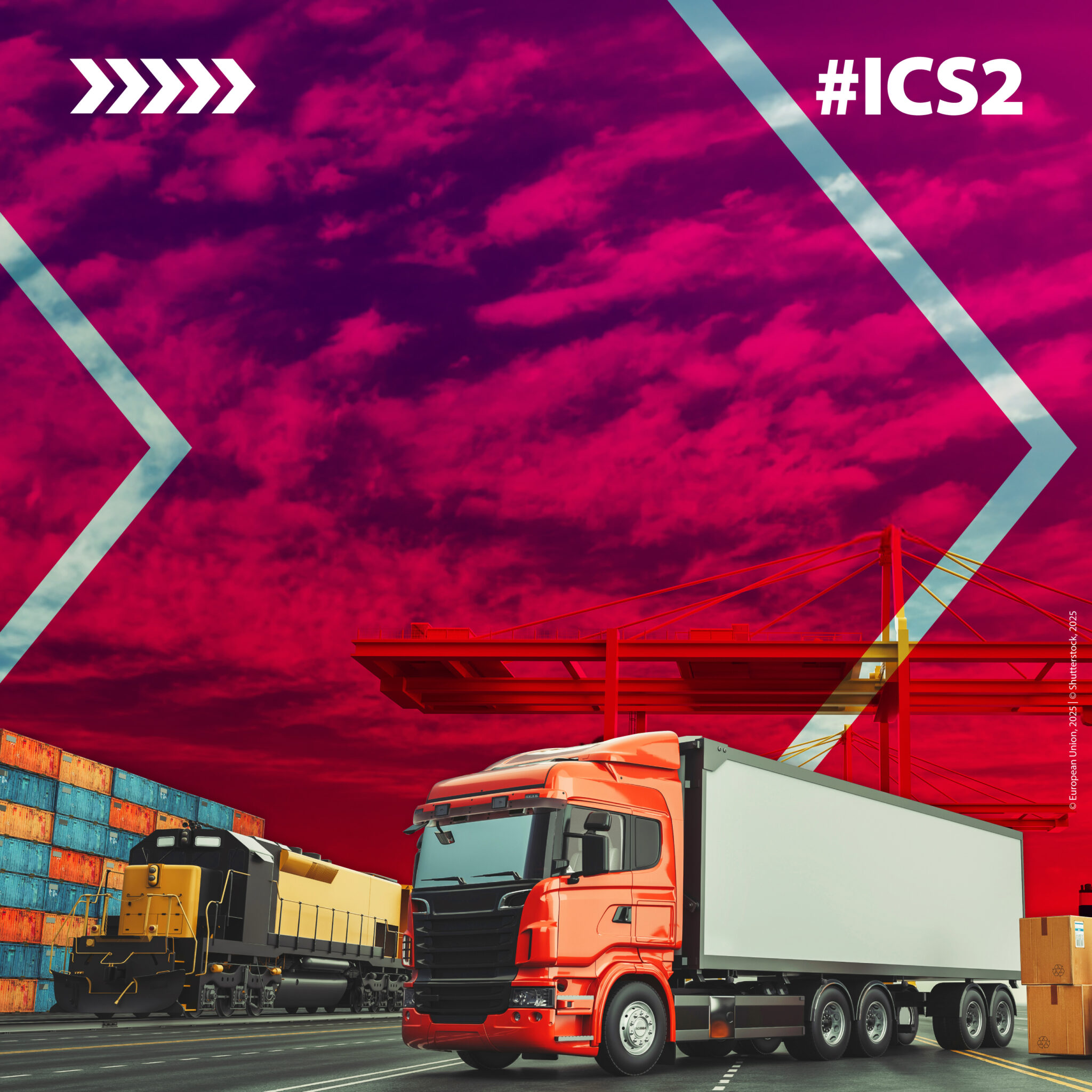The European Union’s Import Control System 2 (ICS2) aims to enhance the safety and security of goods entering the EU by introducing a standardised, pre-arrival customs process for all transportation modes, including road and rail, in addition to the existing air, maritime and inland waterway requirements. By mandating the submission of accurate and complete Entry Summary Declaration (ENS) data prior to arrival, the ICS2 enables customs authorities to better assess the risks associated with incoming goods, thereby improving the EU’s ability to prevent and combat customs offenses, and ultimately ensuring a safer and more secure trade environment.
From 1 April 2025, road and rail carriers will need to provide data on goods sent to or through the EU prior to their arrival, through a complete ENS. This obligation also concerns postal and express carriers who transport goods using these modes of transport as well as other parties, such as logistics providers. In certain circumstances, final consignees established in the EU will also have to submit ENS data in the ICS2.
Economic operators who are not ready by this date need to contact the National Service Desk of the EU Member State (National Customs Authority) where they have registered and obtained their EORI number to request a deployment window by 1 March 2025, at the latest. Deployment windows are granted only upon request.

To comply with the ICS2 requirements, affected businesses will be required to make sure they collect accurate and complete data from their clients, update their IT systems and operational processes, and provide adequate training to their staff. Economic operators will also need to successfully complete a self-conformance test before connecting to the ICS2, to verify their ability to access and exchange messages with customs authorities. Goods might be stopped at EU borders and might not be cleared by customs authorities if traders do not meet the ICS2 requirements on time.
ICS2 in detail
The ICS2 has been developed through close collaboration between the European Commission, Member States’ customs authorities and businesses. Starting from 1 September 2025, the ICS1 will phase out. The ICS2 will fully replace the ICS1 with an entirely new business process in accordance with the Union Customs Code. The European Commission organises monthly webinars (in English) where economic operators can ask questions about the operational and technical aspects of the ICS2. The next webinar is scheduled for 5 February 2025.
similar news
Logistics Sector Calls for Action on new EU Import Declarations




